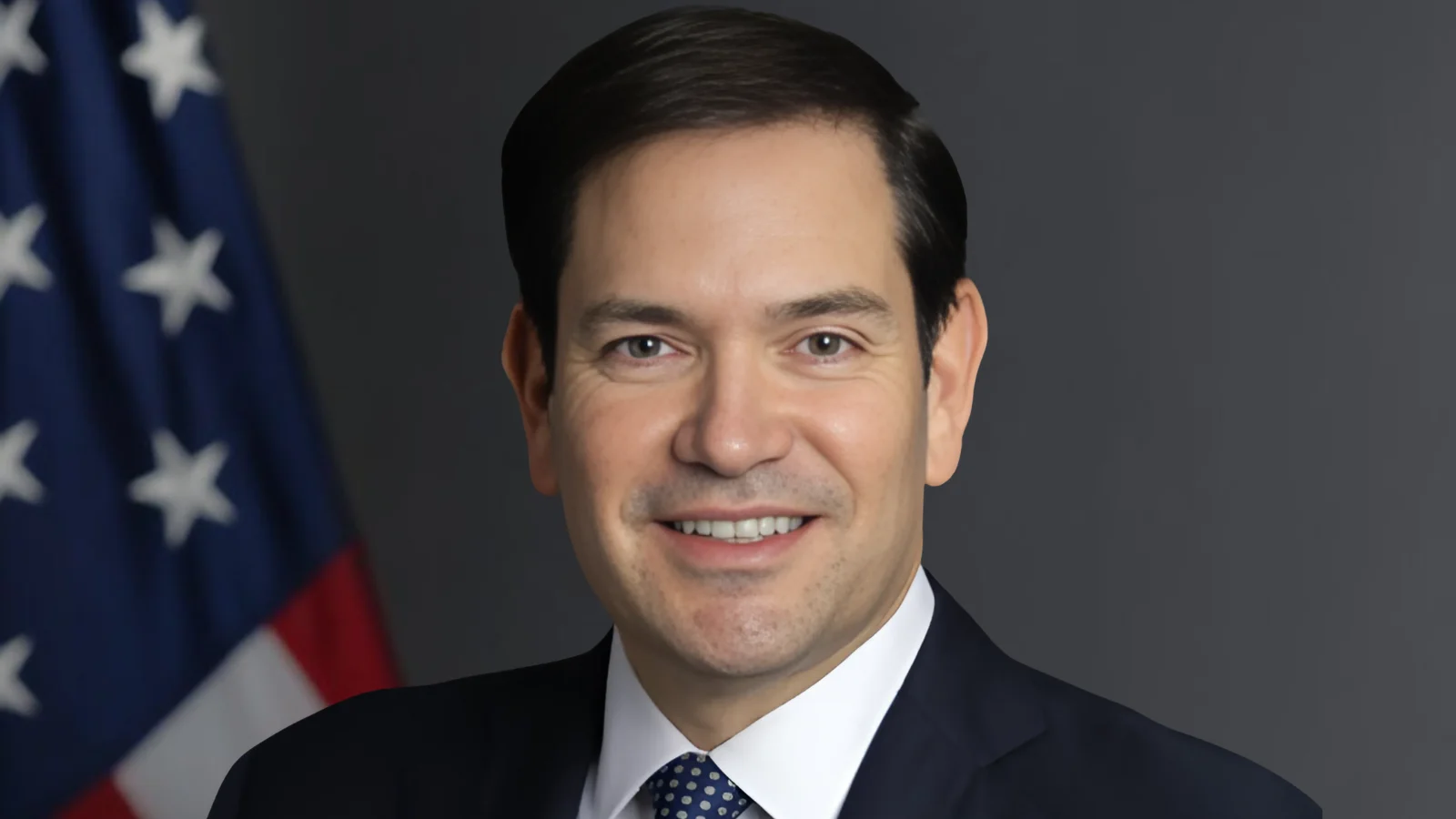
The Trump administration has come under scrutiny after the release of Dahud Hamid Ortiz, a U.S. Army veteran convicted of murdering three people in Spain, as part of a prisoner exchange with Venezuela. The exchange, which resulted in the return of ten Americans from Venezuelan detention, has raised questions about the administration’s deportation policies and its handling of criminal cases involving U.S. citizens abroad.
Secretary of State Marco Rubio announced following the exchange: “Every wrongfully detained American in Venezuela is now free and back in our homeland,” he said. However, it was later revealed that only eight of those released were classified as “wrongfully detained” by the U.S. State Department. Ortiz, who had been serving a 30-year sentence for murder in Spain before being held by Venezuelan authorities, was not among them.
The administration has not offered detailed public comment on Ortiz’s inclusion in the swap. When Newsweek contacted the State Department regarding Ortiz’s case, a spokesperson declined to comment specifically but defended the operation: “We were able to secure the release of all Americans detained in Venezuela; many of whom reported being subjected to torture and other harsh conditions.”
President Biden reportedly refused to accept Ortiz as part of an earlier prisoner swap in 2023 after learning about his conviction. Biden’s Secretary of State did not consider him “wrongfully detained.” Public records and media coverage had documented Ortiz’s crimes prior to his release.
Critics have pointed out that while non-criminal undocumented immigrants are being targeted for deportation at increasing rates under current immigration enforcement practices (https://www.americanimmigrationcouncil.org/research/immigrants-in-new-jersey), individuals with serious criminal convictions like Ortiz have been allowed to return through diplomatic exchanges.
One survivor of Ortiz’s attack in Spain expressed concern for public safety following his release, stating: “If this was an omission, please make amends. Because it not only endangers me, but all Americans, because they are faced with a murderer who killed three innocent people without any qualms.”
Advocates argue that these recent developments highlight flaws in both deportation and prisoner exchange policies, suggesting that decisions are sometimes made based on political considerations rather than public safety or justice system standards.
Local impacts have also been noted in states like New Jersey where nearly one quarter of residents are immigrants (https://www.americanimmigrationcouncil.org/research/immigrants-in-new-jersey). Immigration enforcement actions there have affected families and communities across economic sectors including agriculture and small businesses.
Concerns remain over how such policies are executed and communicated to the public amid ongoing debates over immigration reform and national security.